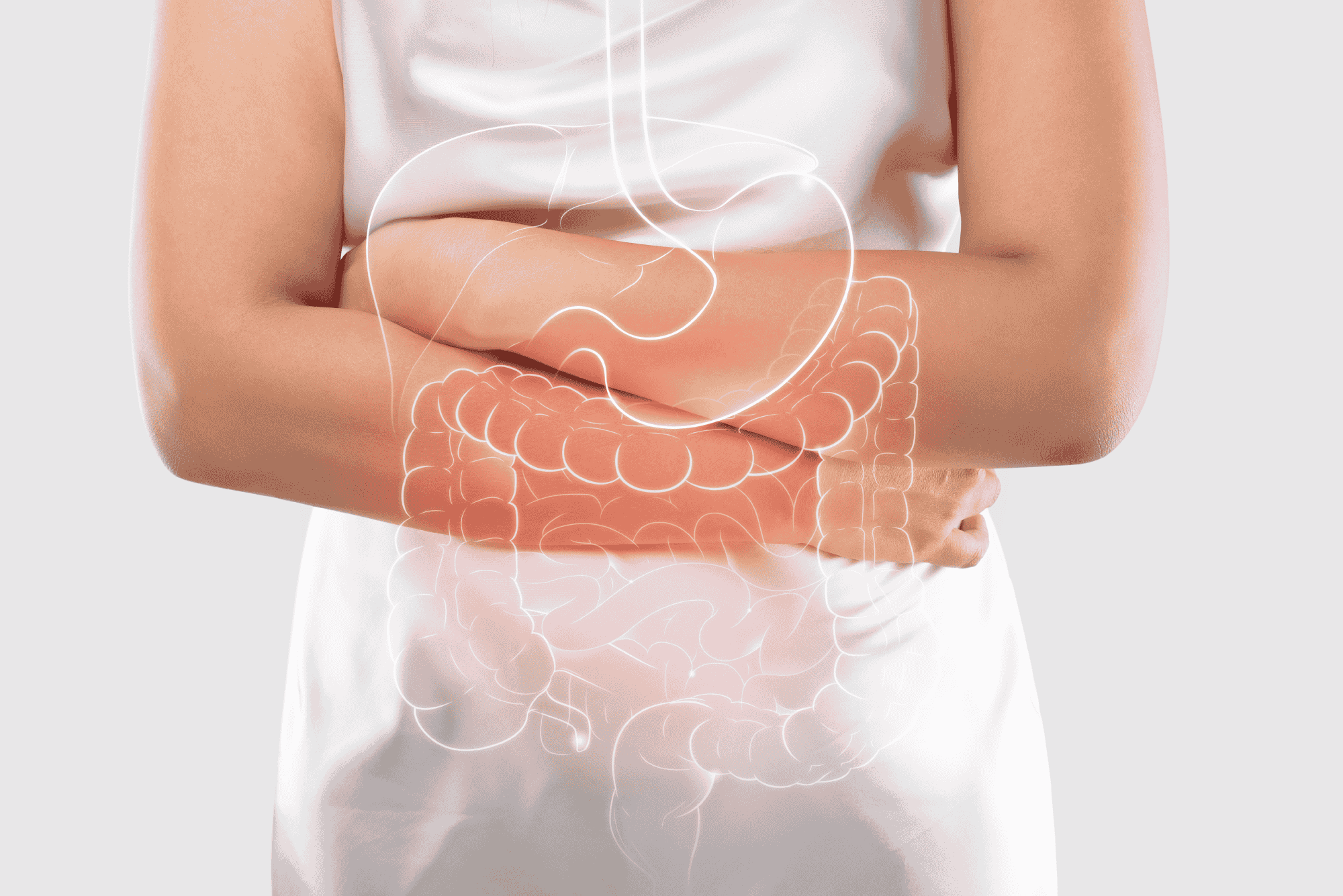Constipation: Surprising Truths And Tips For Relief
Constipation is a common occurrence that can cause pain, discomfort, and embarrassment. It's not just adults who are affected by constipation either - it can affect children as well. The reasons include medications they take, their lifestyle, and the food they eat or avoid.
This blog post will provide you with some of the most surprising facts about constipation, along with tips for relief so that you can feel better soon.
What is Constipation?
Constipation is a condition in which there aren't enough stool or bowel movements. The bowels become blocked, and it can be very uncomfortable to pass the matter that's stuck inside you. It happens when food moves through your digestive tract too slowly or not at all, causing waste material to stay in your colon for longer than usual.
The stool in your colon absorbs water, and it becomes more difficult to pass as it does so. This causes the pain, discomfort, and embarrassment associated with constipation.
Symptoms of Constipation
There are a few symptoms that can indicate you're suffering from constipation:
● Feeling bloated or full after eating
● Having less of an appetite than usual
● Stomach pain and cramps (lower right side)
● Bloating or pressure around your rectum/pelvic area
● Diarrhea alternating with constipation.
Causes of Constipation
Constipation has many causes, including the medications you take and your lifestyle. Some common reasons include the following:
● Not enough water in your diet - tap or mineral water can help to prevent constipation
● Lack of physical activity - exercise helps keep things moving through your body
● Lack of fiber in your diet- eating more fresh vegetables and fruit is always a good idea, as is increasing your intake of whole grains
● Too much dairy - if you're lactose intolerant, eating too much dairy can cause constipation
● Stress - this can affect the way your bowels function
● Pregnancy - hormones, and changes in diet can lead to constipation
● Changes in routine - traveling or moving can lead to constipation
● Previous colon surgery - if you've had previous bowel surgeries, it's important to be aware that this can cause problems with your bowels.
How to prevent constipation?
Here are a few of the tips that can help you prevent constipation:
1- Eat more fiber
Fiber is important for keeping your digestive system healthy. It helps keep things moving through your bowels and can help prevent constipation.
There are two types of fiber - soluble and insoluble. Soluble fiber dissolves in water, while insoluble fiber does not. Both are beneficial for the body, though. Insoluble fiber adds bulk to stools, making it easier for them to pass through the body and preventing constipation.
Some good sources of soluble fibers include oatmeal, legumes, barley, nuts, and seeds. At the same time, the good insoluble fiber sources include whole wheat flour products, vegetables (especially broccoli and cauliflower), fruits (especially berries), and bran.
2- Drink more water
Water is important for keeping your body hydrated, which helps the digestive system to function properly.
Aim for around half a liter per day - this can include tap water, mineral water or fruit juice, and coffee and tea (without milk).
3- Get more physical activity
Regular exercise is important for keeping your body healthy. It also helps to keep your digestive system working properly.
Your muscles move and push food through your intestines when you're active. This helps prevent constipation from occurring.
Aim for at least 30 minutes of moderate-intensity exercise every day. If you're not active, start slowly and work your way up. A few minutes of exercise a day is better than nothing at all.
4- Watch your dairy intake
If you're lactose intolerant, the milk sugar in dairy products can cause problems with constipation.
A good way to prevent this is by limiting or avoiding foods high in lactose. Some of these include milk and other milk products such as cheese and ice cream. Some people have better luck with yogurt, as it contains bacteria that help break down lactose.
If you're not sure if you're lactose intolerant, try eliminating dairy from your diet for a week and see if your symptoms improve.
5- Avoid processed foods
Processed foods often contain high sodium and other chemicals that can be hard on your digestive system. So, eating too many processed foods can lead to constipation.
Try to eat more whole, unprocessed foods instead. This will help keep your digestive system regular.
If you're traveling or moving, try to avoid eating many processed foods. To keep your digestive system healthy while traveling, aim for fresh fruits and vegetables as well as bran muffins or other whole grain products.
6- Try relaxation techniques
When you're stressed, your body releases hormones and chemicals that can affect how your bowels work. This might make it more difficult to have regular bowel movements.
One of the best ways to prevent this is by practicing stress management or relaxation techniques every day. Good methods include yoga, meditation, deep breathing exercises, and journaling.
If you're having trouble with constipation, try one or more of these tips to help get things moving again. If the problem persists, be sure to speak to your doctor.
7- Drink Caffeinated Coffee
Drinking some caffeinated coffee in the morning can help stimulate bowel movements.
If you're not a fan of caffeine, try decaf or tea instead. As with regular coffee, be sure to drink it on an empty stomach and avoid adding lots of sugar or creamers.
Take Away
Constipation is a common problem that affects people of almost any age. However, it affects you more as you get older or use certain medicines. Mild constipation can easily be treated by changing your lifestyle and adding more fiber to your diet. But, if you or your kids are experiencing chronic constipation and unusual bowel movements, then you should visit your doctor.
MyPedia clinic is here to take care of your little one. You can get in touch with us to know more about the healthcare services provided by our team of dedicated medical professionals.





